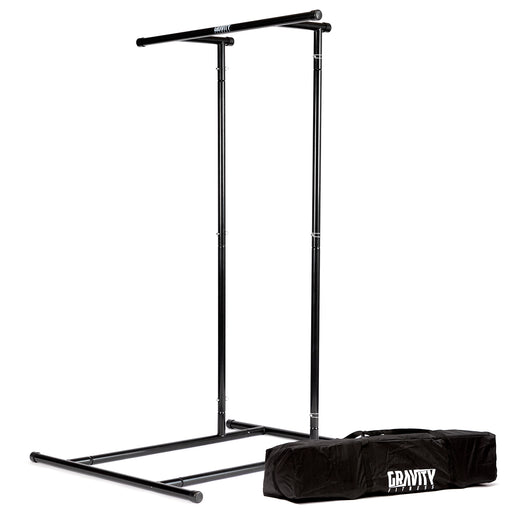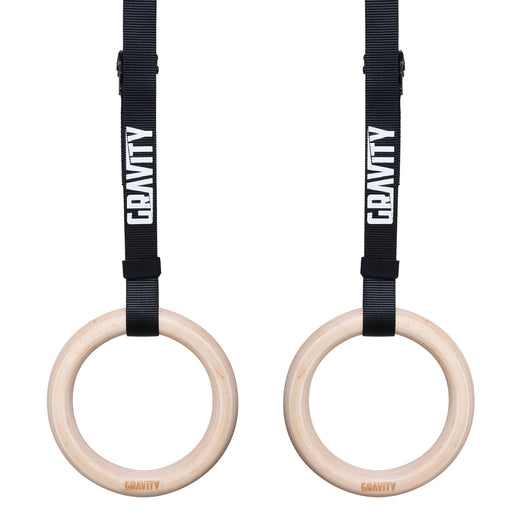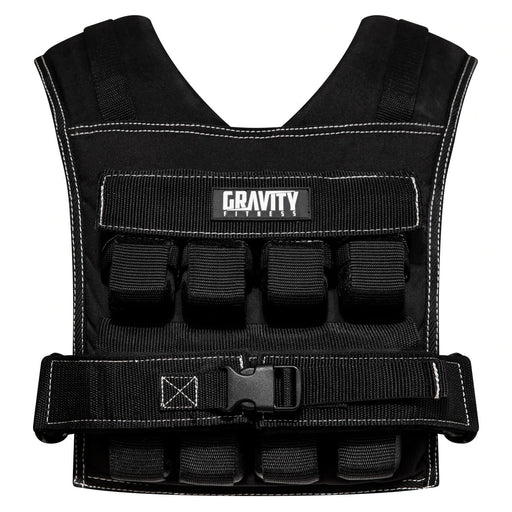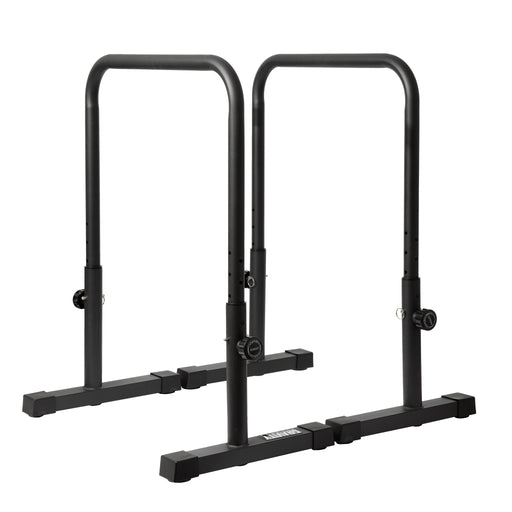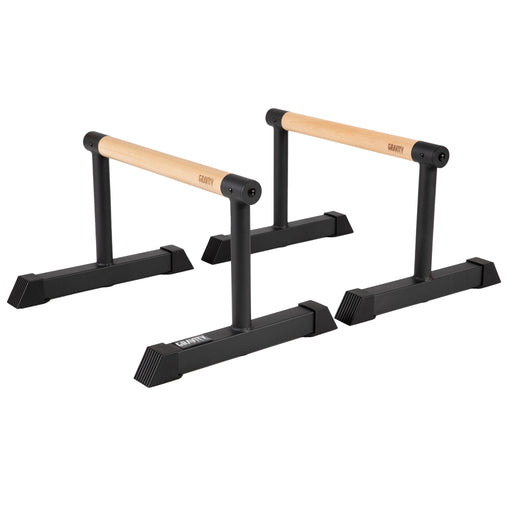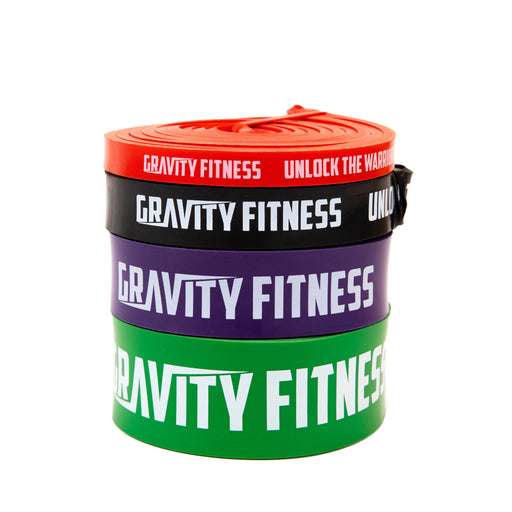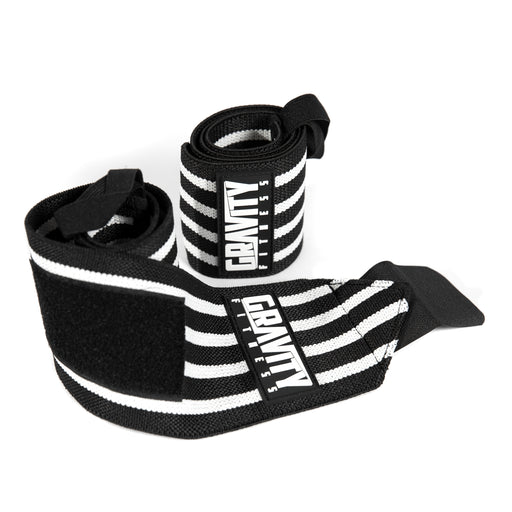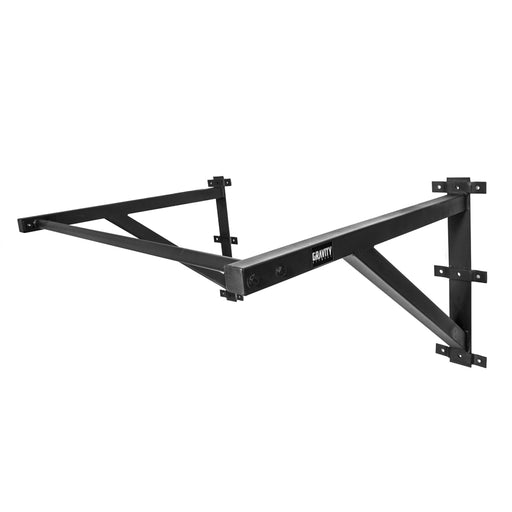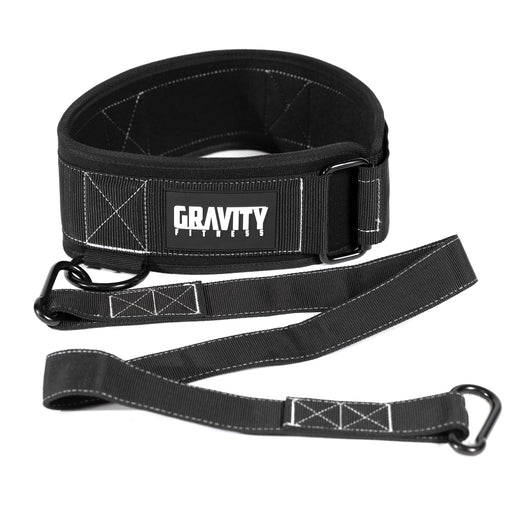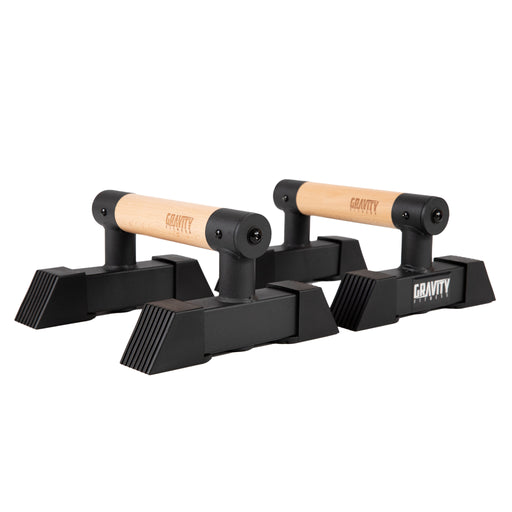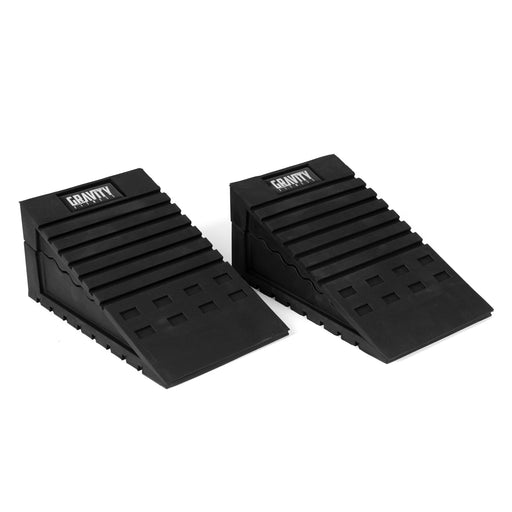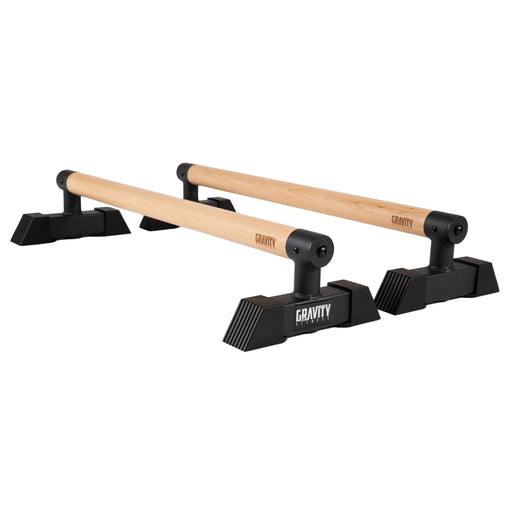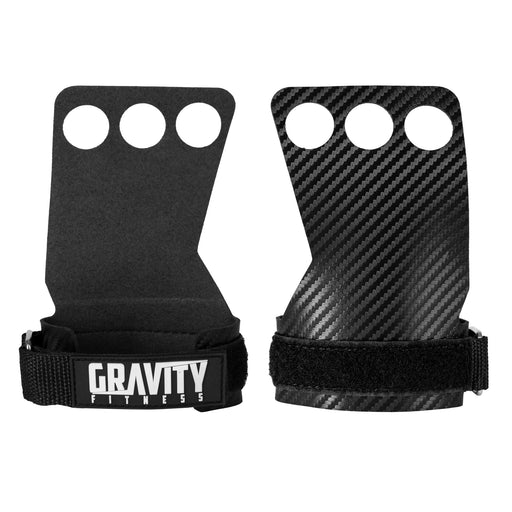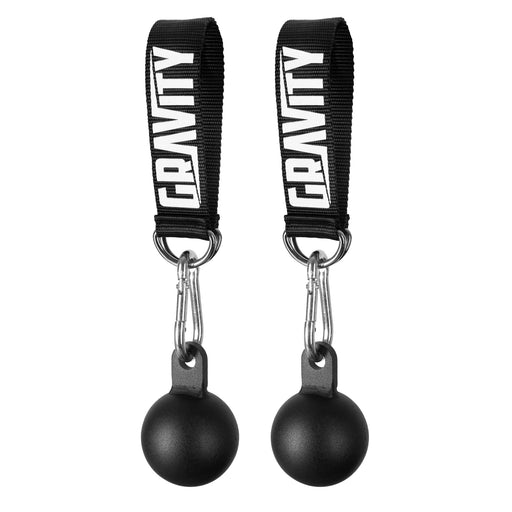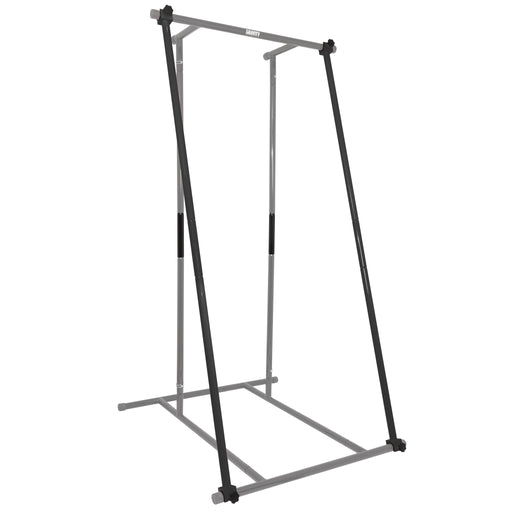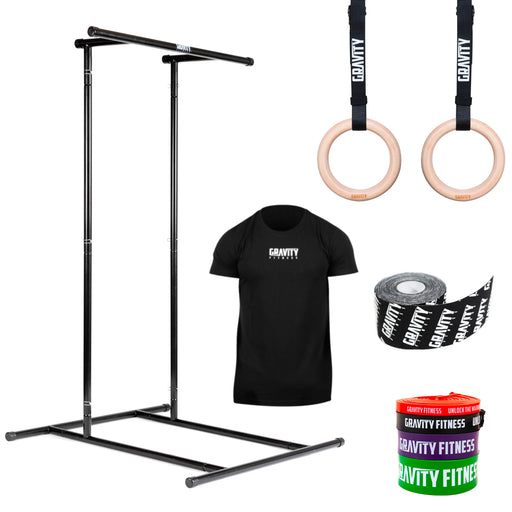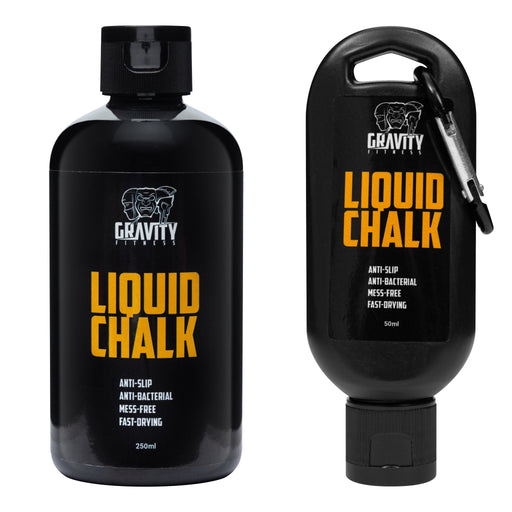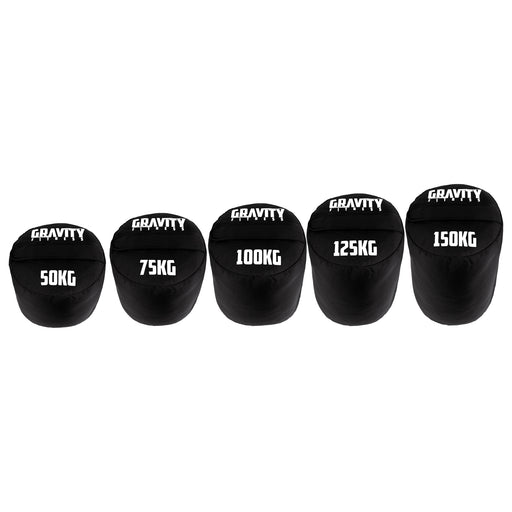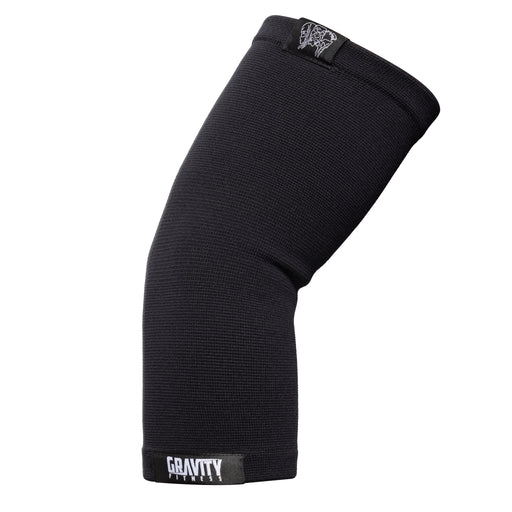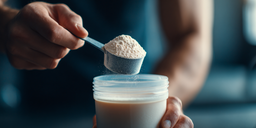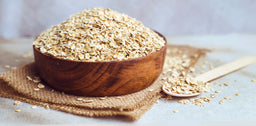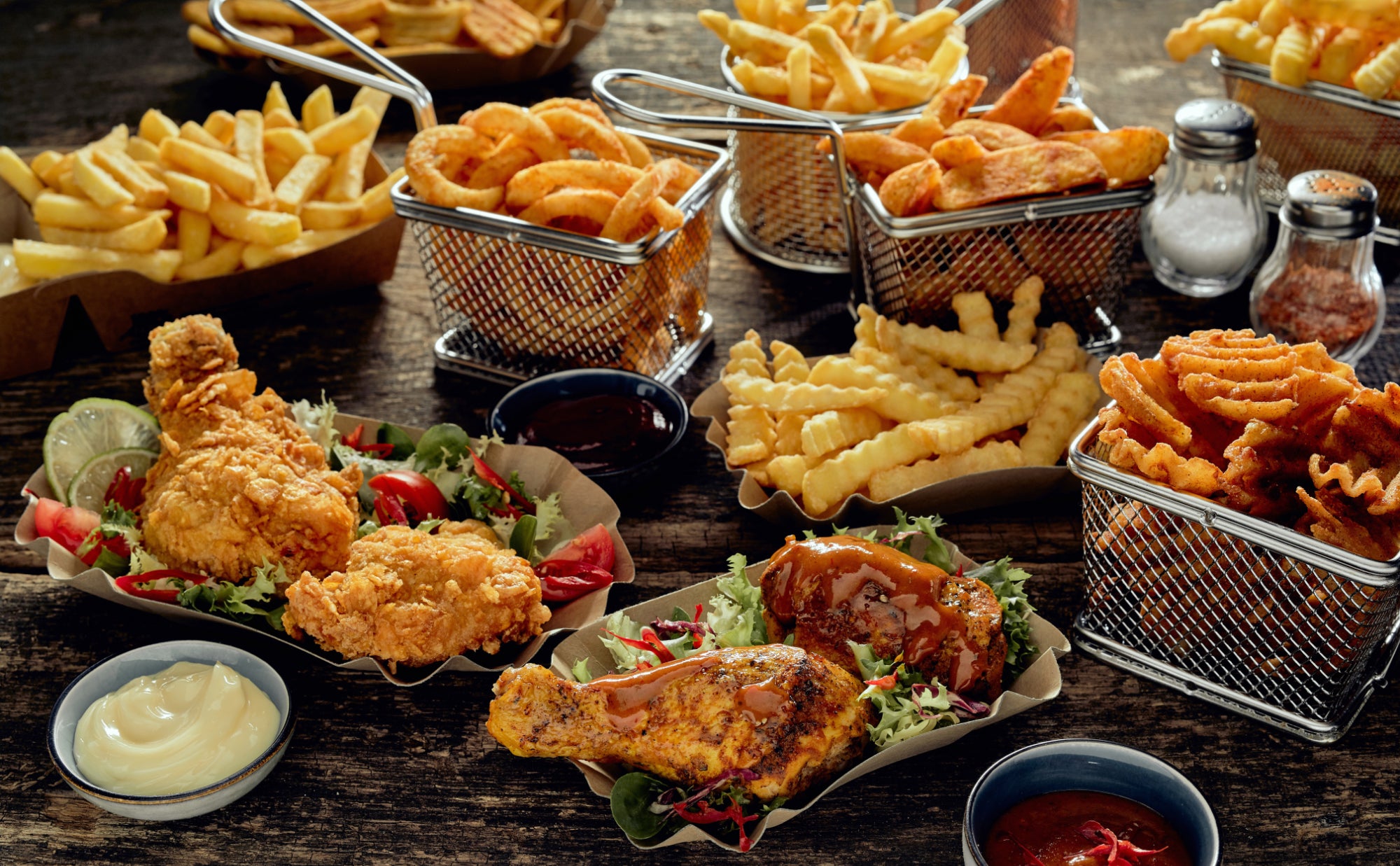
Should you increase your calories in Winter?
Should you increase your calories in Winter?
Do you need to eat more in Winter to maintain your energy levels and training performance? Or are you thinking about eating more to build muscle and strength in this off-season? Whether you're a regular gym-goer or looking to grab some calisthenics equipment, these are probably the kind of questions you have around your nutrition and goals.
As the days get colder and darker, you might feel like you instinctively want to eat more or switch up your macro split. But is this urge to eat more based in a real need for extra energy in Winter? Or is your body just trying to lay down some extra fat stores against the cold? Let’s look at the science of increasing calories in cold weather so you can make a decision that suits your goals.
Should you eat more calories in winter?
The question of “how many calories to eat” isn’t straightforward. From a weight point of view, we broadly accept that eating in a calorie deficit will lead to weight loss, eating in a calorie excess will lead to weight gain, and eating maintenance calories will keep your weight stable.
But weight or body composition might not be your primary concern, or even on your radar at all. Instead, you might be thinking about calorie intake for energy levels, training performance, muscle gain, or even for pleasure over these darker months.
5 things to consider when increasing your calories
- Energy expenditure - cold weather can lead the body to expend more energy to maintain its temperature, especially if you’re outside a lot. This can mean your maintenance calories go up slightly.
- Increased NEAT or training – if you do winter-specific training like hiking, rucking, skiing etc then you will need to increase your calories to account for the increased activity.
- Body composition goals – if you want to use winter to get bigger or put on muscle, you’ll need to eat more calories.
- Training performance – if you want to focus on specific areas of training performance over winter, you could benefit from increasing your calories around workouts.
- Off-season and socialising – prioritising fitness doesn’t have to mean eating to a strict plan all year round. If you personally choose to relax the diet and enjoy more food over winter, that’s valid.
Extra carbohydrates or extra calories in winter?
Another approach to switching up your nutrition over winter can be to keep your calories the same, but change your macro split. For many people, eating more carbs over the winter months instinctively works well. After all, it feels easier to eat lighter, low-carb meals in summer. Whereas winter meals are often built around rice, potatoes, root vegetables and other carbohydrate foods.
There is no one-size-fits-all approach to macronutrients at any time of year, so do what works for you. Remember that protein is key. The body can’t store protein, so you need to eat enough of it at regular intervals throughout the day.
Once you’ve got your protein intake covered, the rest of your calories can come from any combination of fats and carbohydrates. And if it feels good to skew more towards carbs during these dark, cold months, go for it.
Carbohydrate is the body's primary energy source, and increasing carb intake can give you more energy for training and cold-weather outdoor activities. Healthy fats support various brain and body functions and are still needed during winter for immune health, energy, and general wellbeing.
Pros and cons of increasing your calories for winter training
Extra energy – the extra calories will give you a buffer against the increased energy expenditure due to cold weather and winter training.
Muscle and strength gain – a calorie surplus plus a good well-structured training programme will lead to increases in strength, size, muscle mass and power.
Off-season focus – increasing your calories (and adapting your training) now can work as a type of periodisation, giving the opportunity to make significant training gains over winter.
Weight gain - increasing your calories without properly looking at your energy output is likely to lead to unwanted bodyfat gain.
Comfort eating – this time of year makes it easy to overeat on low-nutrient foods at the expense of basic good nutrition.
A healthy diet - focusing solely on increasing your calories might mean you take your eye off the ball of food quality, portion size, protein, fibre, or hydration.
Should you focus on muscle gain and strength training in winter?
Winter can be a great time to get your head down and build some strength, size, and muscle mass in training. By the time Spring comes around, this can mean you’re a stronger, more balanced athlete who’s made some progress rather than spinning your wheels for another year.
If you don’t mind a temporary increase in weight, bodyfat, and size, this is a good way to play the colder weather, increased appetite, and tasty winter foods to your advantage.
Do athletes eat more calories in winter?
Whatever you decide to do with your calorie intake, carbohydrate macro split, and food choices over winter, make sure it’s a deliberate choice. There’s no point putting on excess bodyweight without the benefits of improvements in training.
Remember that the basics of good nutrition - sufficient but not excessive calories, enough protein, good food choices, fibre, and hydration – are important whatever season we’re in.
Check out the Gravity Fitness store for great-quality calisthenics and functional fitness equipment for home, gym, or travel.















